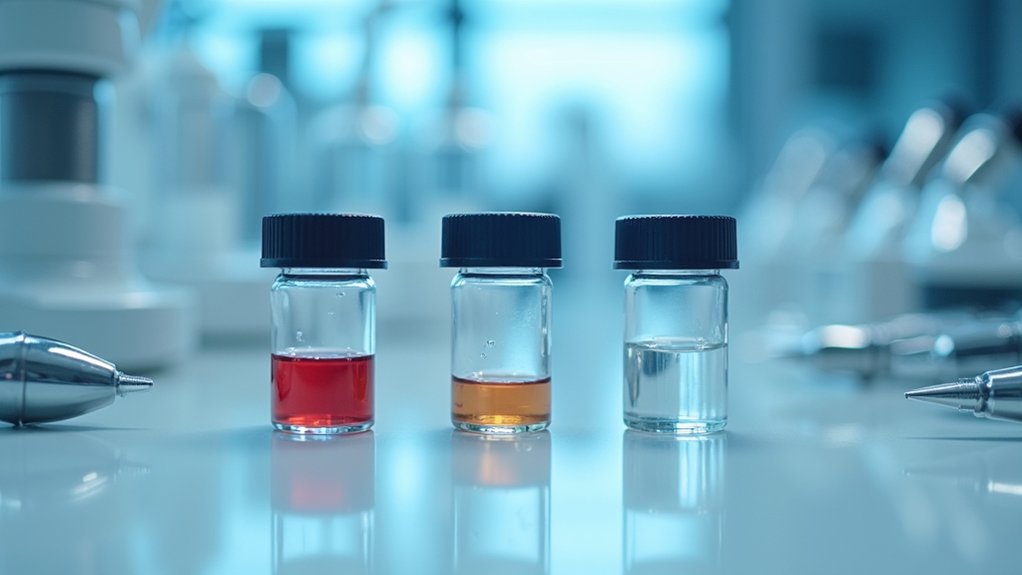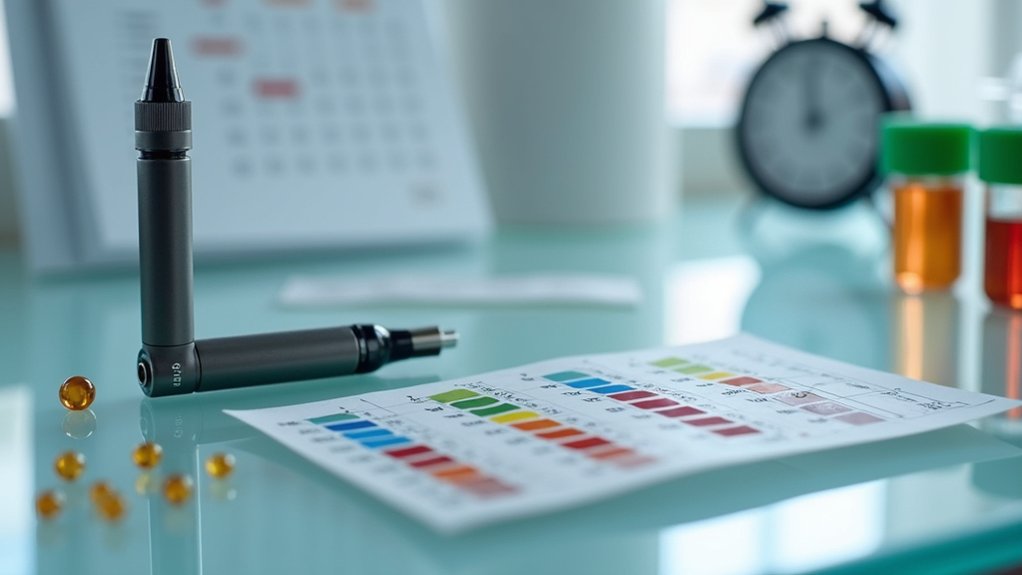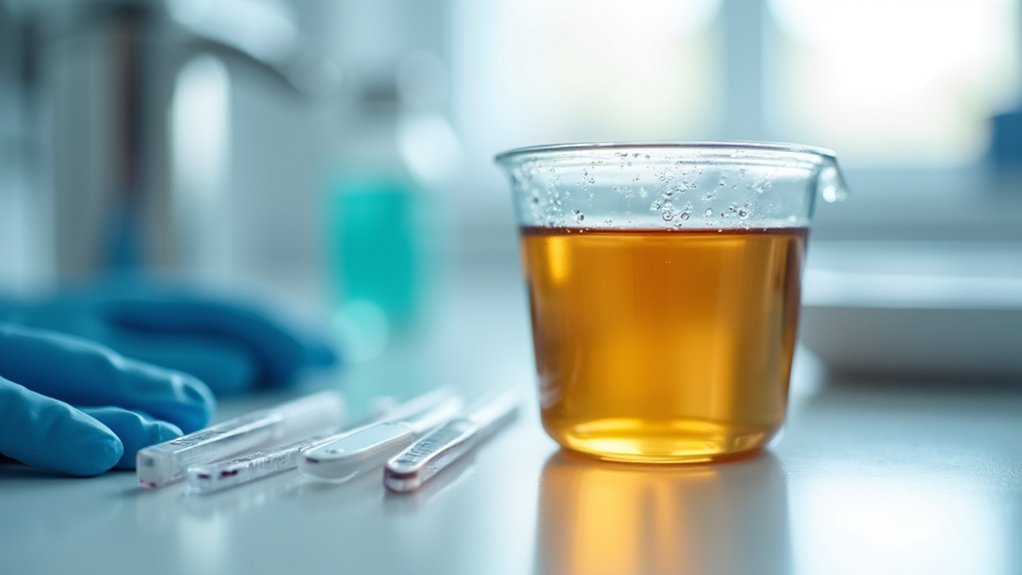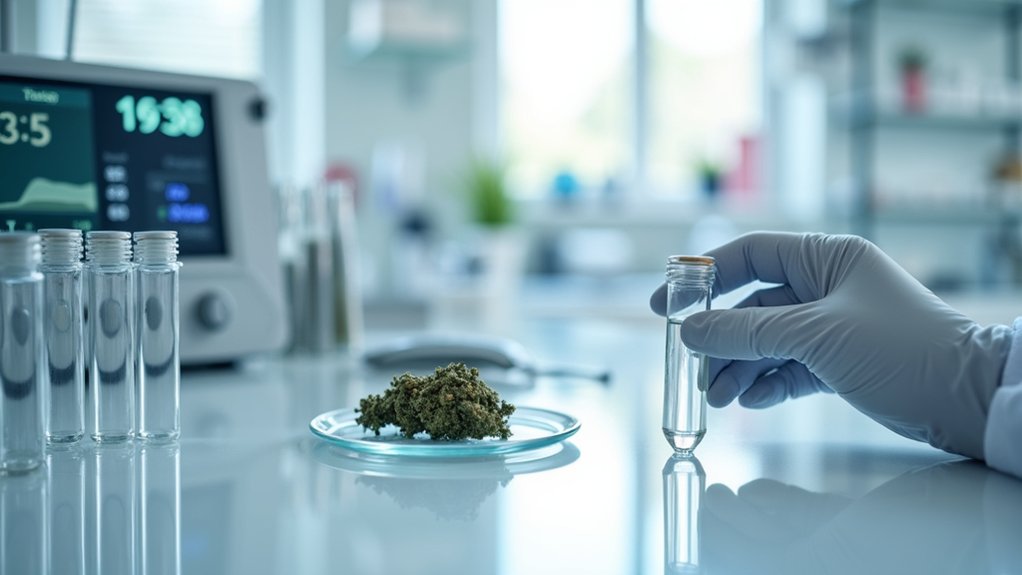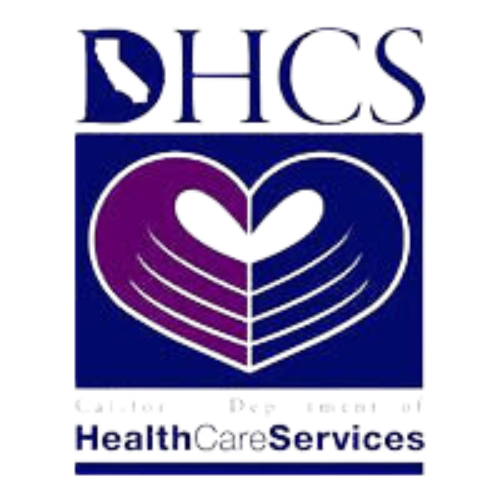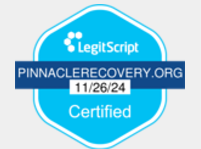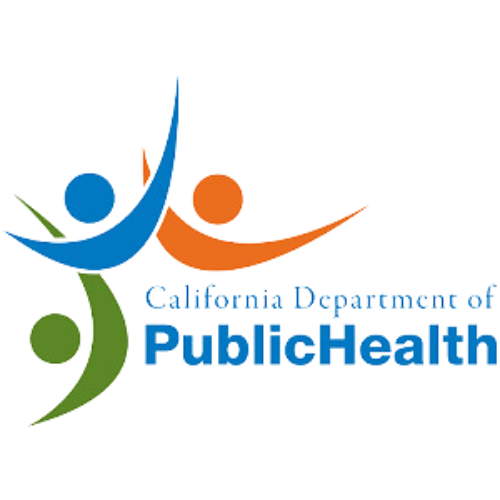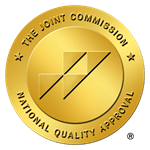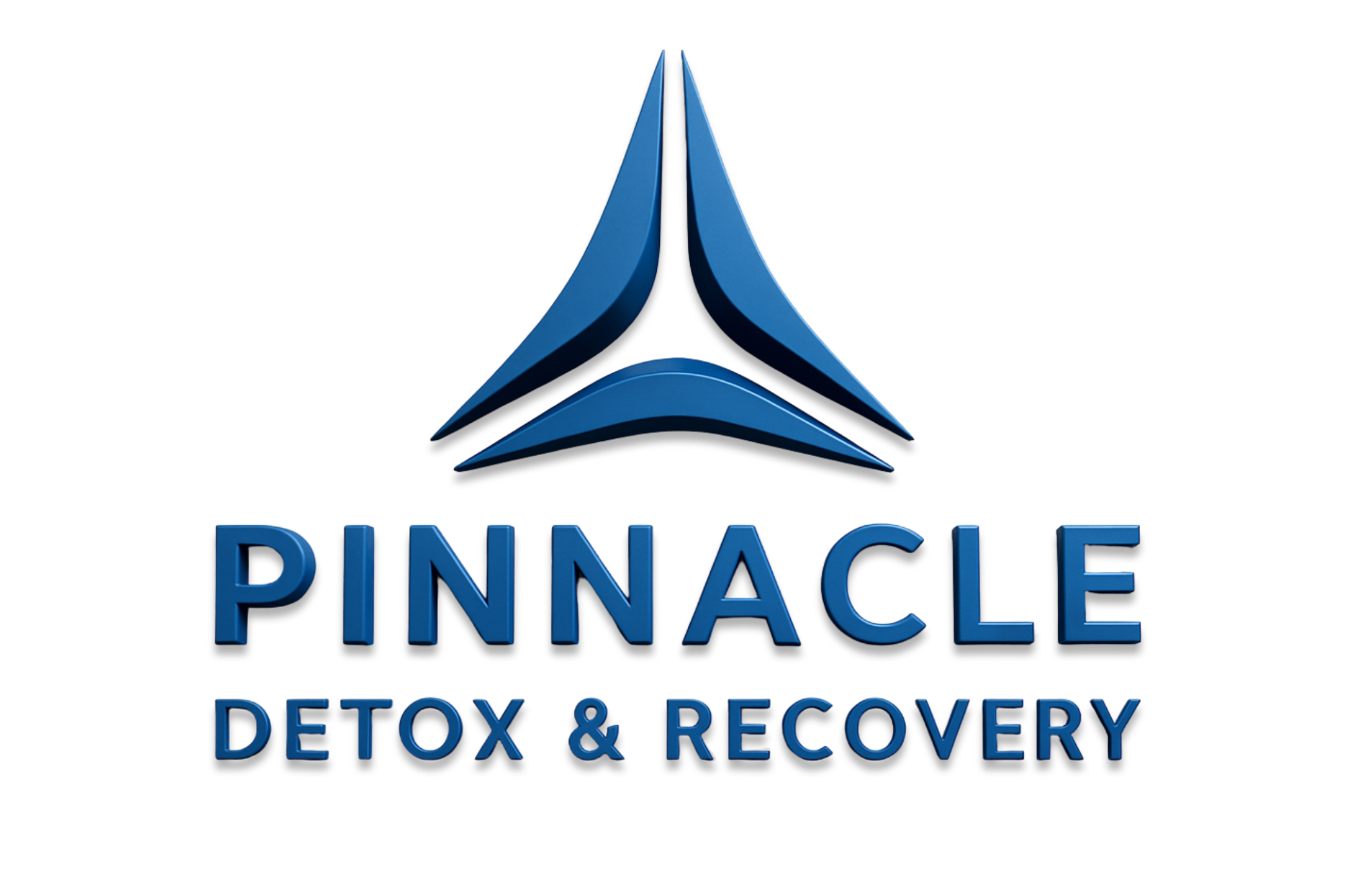A typical recovery treatment program includes seven core components to support your healing path. You'll start with medically supervised detox, followed by evidence-based behavioral therapies like CBT and group sessions. Medication-assisted treatment options help manage cravings, while personalized treatment planning guarantees care customized to your needs. Holistic approaches incorporate mind-body practices, and long-term aftercare services provide ongoing support. All of this takes place within a professional, compassionate environment where your route to wellness unfolds.
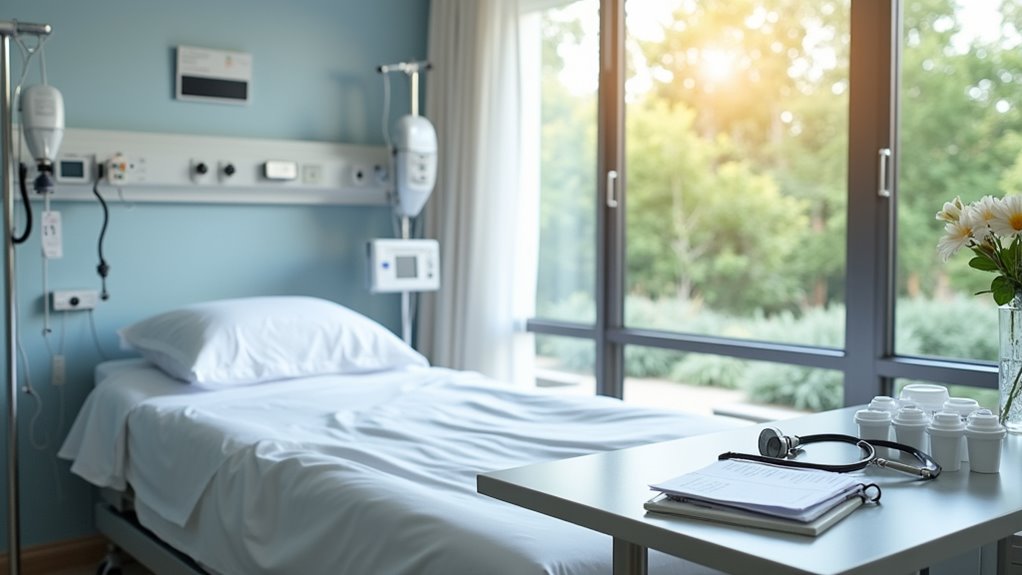 When beginning the path to recovery, medical detox serves as an essential initial step in breaking free from substance dependence. During this phase, you'll receive professional supervision to safely manage withdrawal symptoms and stabilize your physical condition. Medical supervision is crucial since withdrawal can be dangerous for certain substances. Medical providers will carefully evaluate risk factors to determine the most appropriate detox approach. You'll find two primary settings for medical detox: inpatient detox settings, which provide 24/7 monitoring and are ideal if you have severe withdrawal symptoms or other health conditions, and outpatient detox options for more stable cases. While detox alone is not considered a complete treatment, longer sobriety stretches are more common among those who complete it. Your healthcare team will use targeted medications to manage specific withdrawal symptoms - such as benzodiazepines for alcohol withdrawal or buprenorphine for opioid dependence. The duration of your detox will vary based on factors like substance type and usage history, typically ranging from 2-8 days for alcohol to up to 120 days for opioids.
When beginning the path to recovery, medical detox serves as an essential initial step in breaking free from substance dependence. During this phase, you'll receive professional supervision to safely manage withdrawal symptoms and stabilize your physical condition. Medical supervision is crucial since withdrawal can be dangerous for certain substances. Medical providers will carefully evaluate risk factors to determine the most appropriate detox approach. You'll find two primary settings for medical detox: inpatient detox settings, which provide 24/7 monitoring and are ideal if you have severe withdrawal symptoms or other health conditions, and outpatient detox options for more stable cases. While detox alone is not considered a complete treatment, longer sobriety stretches are more common among those who complete it. Your healthcare team will use targeted medications to manage specific withdrawal symptoms - such as benzodiazepines for alcohol withdrawal or buprenorphine for opioid dependence. The duration of your detox will vary based on factors like substance type and usage history, typically ranging from 2-8 days for alcohol to up to 120 days for opioids.
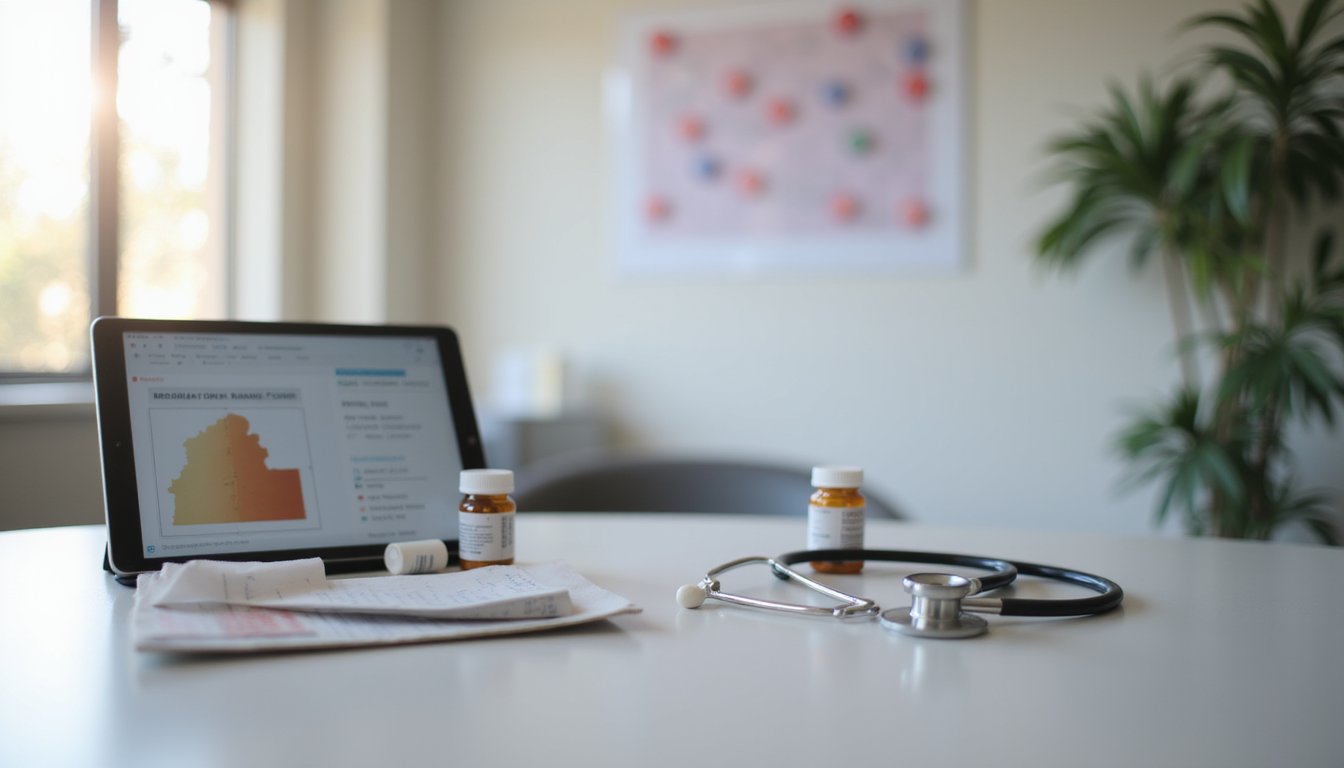 Medication-Assisted Treatment (MAT) represents a cornerstone of modern addiction recovery, combining FDA-approved medications with counseling and behavioral therapies. You'll find medication flexibility catered to your specific needs, with options including methadone, buprenorphine, and naltrexone. These medications work alongside extensive relapse prevention strategies to support your recovery process. The comprehensive approach of MAT has shown to significantly increase patient survival rates and improve overall treatment outcomes. This evidence-based approach has demonstrated decreased criminal activity among participants. Only 11 percent of individuals with opioid use disorder receive FDA-approved medication treatment.
Medication-Assisted Treatment (MAT) represents a cornerstone of modern addiction recovery, combining FDA-approved medications with counseling and behavioral therapies. You'll find medication flexibility catered to your specific needs, with options including methadone, buprenorphine, and naltrexone. These medications work alongside extensive relapse prevention strategies to support your recovery process. The comprehensive approach of MAT has shown to significantly increase patient survival rates and improve overall treatment outcomes. This evidence-based approach has demonstrated decreased criminal activity among participants. Only 11 percent of individuals with opioid use disorder receive FDA-approved medication treatment.
 Through integrating diverse therapeutic approaches, holistic recovery treatment addresses your physical, mental, and spiritual well-being simultaneously. This multi-dimensional wellness approach combines evidence-based medical interventions with complementary therapies, ensuring you receive thorough care. Your treatment team will engage in collaborative decision-making with you to create a balanced healing experience that resonates with your personal needs and values.
Through integrating diverse therapeutic approaches, holistic recovery treatment addresses your physical, mental, and spiritual well-being simultaneously. This multi-dimensional wellness approach combines evidence-based medical interventions with complementary therapies, ensuring you receive thorough care. Your treatment team will engage in collaborative decision-making with you to create a balanced healing experience that resonates with your personal needs and values.
Medical Detox: The First Step to Recovery

Evidence-Based Behavioral Therapies
When you're ready to address the psychological aspects of addiction, Cognitive Behavioral Therapy (CBT) offers powerful tools to reshape thought patterns and develop essential coping skills for long-term sobriety. You'll find that CBT's structured approach helps you identify triggers, challenge negative thinking, and build resistance to substance use, with success rates showing significant improvements in maintaining recovery. The therapy's here and now focus makes it especially effective for developing practical solutions to current challenges. Group therapy sessions complement CBT by providing peer support, shared experiences, and accountability, with research indicating that participants who engage in both individual and group therapy have higher rates of sustained recovery compared to those who utilize only one approach. Dialectical Behavior Therapy provides additional emotional regulation techniques for lasting recovery. Like many treatment websites, our platform employs security protection measures to ensure a safe and confidential environment for those seeking recovery support.CBT Benefits For Recovery
Cognitive Behavioral Therapy (CBT) stands as a cornerstone in evidence-based addiction recovery, offering powerful tools to reshape thought patterns and behaviors linked to substance use. Through mindfulness practice and amplified cognitive flexibility, you'll learn to identify triggers, develop coping strategies, and build emotional resilience. CBT's proven effectiveness, particularly for cannabis and cocaine recovery, makes it a reliable choice for your recovery expedition. Active participation in CBT helps create supportive relationships that contribute to long-term success. This therapeutic approach typically requires 16 sessions to produce meaningful changes in behavior and thinking patterns. For enhanced security and integrity, the treatment program's website employs security services to protect sensitive patient information. Key benefits of CBT in recovery include:- Helps you recognize and challenge negative thought patterns that fuel substance use
- Equips you with practical coping skills to manage cravings and stress
- Teaches effective problem-solving strategies for life's challenges
- Builds emotional regulation skills to reduce reliance on substances
- Provides structured relapse prevention techniques with lasting results
Group Therapy Success Rates
Building upon the individualized approach of CBT, group therapy emerges as a powerhouse in addiction recovery with remarkable success rates. Program engagement factors show that you're twice as likely to complete treatment in a group setting compared to individual therapy, with active participation reducing relapse risk by up to 25%. Gender-based completion rates demonstrate that men particularly benefit from the group therapy format. The social networking components of group therapy create lasting benefits, with 85% of participants reporting improved self-worth and considerably stronger support networks. Research shows that ten years sober is achievable for 90% of individuals who maintain sobriety for two years. You'll find substance-specific success across diverse addictions, particularly when cognitive-behavioral therapy and contingency management are combined. Whether you're in outpatient care or medication-assisted treatment, group dynamics amplify your chances of maintaining sobriety. The shared experiences and accountability mechanisms foster psychological safety, while peer support greatly strengthens your recovery path through community-building and improved mental health outcomes. The estimated societal costs of drug use disorders exceed $193 billion, highlighting the critical importance of effective group treatment approaches.Medication-Assisted Treatment (MAT) Options

MAT revolutionizes addiction recovery by blending proven medications with therapy, offering personalized treatment paths for lasting success.
- Methadone helps manage daily cravings and withdrawal symptoms through supervised clinic visits
- Buprenorphine (Suboxone) offers a take-home option that reduces cravings without full euphoric effects
- Monthly Naltrexone injections block opioid receptors to prevent intoxication
- Treatment plans adapt to your progress, including gradual dosage adjustments when needed
- Success rates show up to 80% sustained recovery with consistent engagement in MAT programs
Personalized Treatment Planning and Assessment
A thorough treatment plan begins with understanding your distinctive path through addiction and recovery. Through multi-level assessments, your treatment team evaluates your medical health, emotional well-being, and life circumstances that impact your recovery path. They'll identify specific triggers, examine your family dynamics, and assess any co-occurring mental health conditions. Your care plan adapts with you, incorporating flexible intervention strategies that may include individual counseling, group therapy, or alternative treatments like yoga. You'll work closely with a multidisciplinary team of specialists who'll monitor your progress and adjust your treatment as needed. Regular reviews guarantee your plan remains effective, while your feedback helps shape ongoing care decisions. Together, you'll develop personalized relapse prevention strategies and build a strong support network for long-term success.Holistic and Integrated Care Approach

- Mind-body practices like yoga, meditation, and breathwork to strengthen your emotional regulation
- Nature-based and animal-assisted therapies to foster deeper connections and grounding
- Expressive arts and music therapy for creative emotional processing
- Nutritional counseling and physical activity programs to improve your overall health
- Cultural and spiritual practices that align with your personal beliefs and support your recovery path
Long-Term Support and Aftercare Services
You'll find that ongoing peer support networks play an essential role in maintaining sobriety after completing residential treatment, as they provide understanding, accountability, and encouragement from others who share similar experiences. A well-structured relapse prevention plan helps you identify personal triggers, develop effective coping strategies, and establish emergency response protocols for high-risk situations. Regular participation in support groups, combined with continued counseling and check-ins, considerably increases your chances of sustained recovery while helping you build a sturdy foundation for long-term sobriety.Peer Support Networks
Peer support networks serve as essential pillars in long-term recovery, offering individuals a sustainable framework of understanding, accountability, and encouragement beyond clinical treatment. The recovery community dynamics foster deep connections through shared experiences, while membership diversification guarantees you'll find groups that align with your personal beliefs and needs, whether secular, spiritual, or specialized.- Access diverse support formats, from traditional 12-step programs to modern online communities
- Connect with peers who comprehend your path through shared lived experiences
- Benefit from practical recovery skills and coping strategies learned from others
- Maintain motivation through witnessing others' success stories
- Receive ongoing support at little to no cost, with meetings available globally
Relapse Prevention Planning
A detailed relapse prevention plan forms the cornerstone of successful long-term recovery, combining personalized strategies with dedicated aftercare services. You'll work with professionals to identify your unique relapse warning signs and develop targeted coping mechanisms, including mindfulness practices and stress management techniques. Your plan will include specific protocols for high-risk situations, emergency contacts, and pre-scripted responses for challenging scenarios. It's crucial to track your triggers and monitor how they evolve throughout your recovery path. You'll establish ongoing recovery strategies through SMART goals, broken down into manageable daily actions. Consistent plan reviews with your support team guarantee your prevention strategies remain effective and adaptable. Remember to celebrate your milestones while maintaining accountability through peer support and professional guidance.Professional and Compassionate Treatment Environment
The professional and compassionate treatment environment serves as the foundation for successful recovery outcomes. In sober living environments, you'll find a carefully structured approach that combines evidence-based therapies with trauma-informed care. Your recovery pathway is supported by a team of professionals who understand the complex nature of addiction and provide individualized attention to your specific needs.- Extensive therapeutic options including CBT, DBT, and motivational interviewing to address your unique challenges
- Holistic wellness programs incorporating mindfulness, nutrition, and creative expression
- Family-inclusive treatment approaches to heal relationships and build support systems
- Structured daily schedules balanced with personal time for reflection and growth
- Integration of peer support networks and community resources to strengthen your recovery foundation
